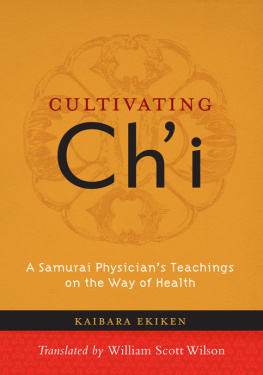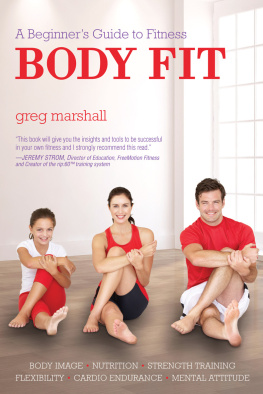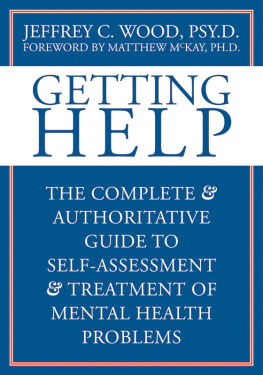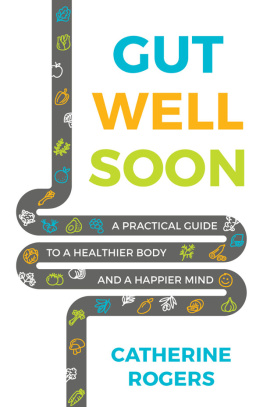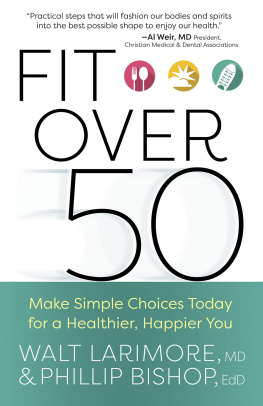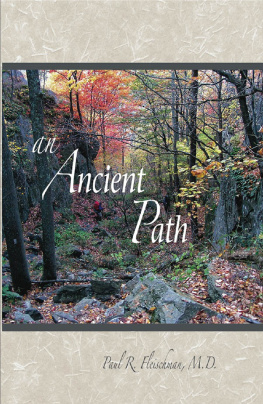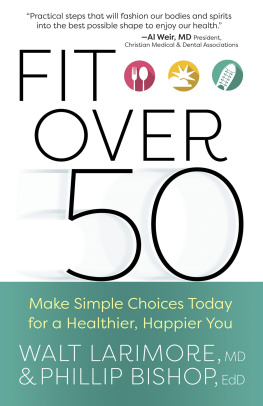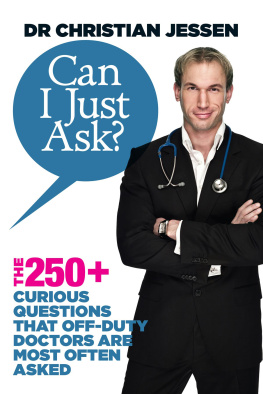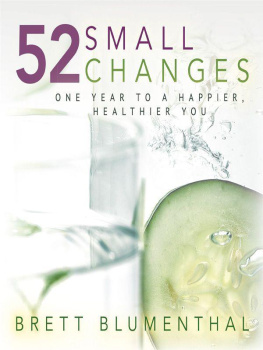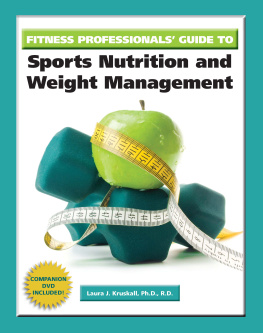
Simon & Schuster Canada
A Division of Simon & Schuster, Inc.
166 King Street East, Suite 300
Toronto, Ontario M5A 1J3
www.SimonandSchuster.ca
The author is not a doctor or other health professional. This book does not give medical advice. Eat, Move, Think contains recommendations for wellness which are not tailored to individual readers. Research studies and best practices are constantly evolving. The advice in this book reflects information at the time of writing.
Copyright 2018 by Medcan Health Management Inc.
All rights reserved, including the right to reproduce this book or portions thereof in any form whatsoever. For information, address Simon & Schuster Canada Subsidiary Rights Department, 166 King Street East, Suite 300, Toronto, Ontario, M5A 1J3, Canada.
This Simon & Schuster Canada edition May 2018
SIMON & SCHUSTER CANADA and colophon are trademarks of Simon & Schuster, Inc.
For information about special discounts for bulk purchases, please contact Simon & Schuster Special Sales at 1-800-268-3216 or .
Library and Archives Canada Cataloguing in Publication
Francis, Shaun, author
Eat, move, think / Shaun Francis.
Issued in print and electronic formats.
ISBN 978-1-5011-5781-3 (hardcover).ISBN 978-1-5011-5784-4 (ebook)
1.Health.2.Nutrition.3.Physical fitness.4.Mental health.
I.Title.
RA776.F73 2018613 C2017-906703-6
C2017-907231-5
Illustrations by Damien Northmore
Jacket Image: Colourbox (Avocado), Getty (Illustrations)
ISBN 978-1-5011-5781-3
ISBN 978-1-5011-5784-4 (ebook)
INTRODUCTION
Ive worked as a CEO in the consumer health care industry for the last fifteen years. During that time, my professional and personal lives have been dominated by human wellnesshow to achieve it, how to maintain it, and how to create circumstances that promote it in others. Ive also spent the last decade conducting charitable work with military families. Founding Canadas True Patriot Love, the countrys largest organization devoted to promoting the well-being of military families, and bringing the 2017 Invictus Games to Toronto put me into close contact with people who had made enormous sacrifices to serve their country. Over the years, Ive seen some of these people demonstrate extraordinary strength as they summited mountains or cross-country skied across the polar icecap.
Our institutions, from government health bureaucracies to our military, the media we read and the experts we follow on social media, devote enormous effort to maintaining the physical health of human bodies. And that is important. But my experience with military men and women, many of whom suffer from posttraumatic stress disorder, has taught me that whats going on in our minds is just as important to achieving and maintaining wellness.
Running a health care company means constantly being asked to make decisions on what to recommend to clients. The trouble is that, in our connected age, theres so much information available that its difficult to distill all of that knowledge into actionable recommendations.
What complicates the task further is that medicine and the other disciplines that impact human performancepsychology, physiology, nutrition, you name itare full of disagreements. Researchers suggest that seniors should engage in only moderate exercise roughly three times a weekunless youre one of the MDs who believe that seniors need to stress their bones with vigorous activity such as playing tennis or jumping rope. Our hearts benefit from cutting consumption of saturated fatsunless you listen to the author of a controversial study that questioned the link between saturated fat intake and heart disease. And most everyone over 70 would benefit from taking a cholesterol-lowering statin pill, say many medical professionalsexcept for the ones who counter that the side effects of statins may outweigh their benefits for certain people.
If you care enough about living a long, healthy, and active life to be reading this book, you may already be aware of some of these debates. You recognize that the best approach to maintaining optimum health and performance is a proactive, preventive one. So you work hard to discover new ways to get the most from yourself and your life. You educate yourself on the latest research in maintaining good health and performance. But if the experts cant agree, how can you know who to trust?
I wondered about those questions, too. Then I sought the answers to them.
Im not a doctor or a research scientist, though. Im a businessman, one whos always trying to find ways to be a better father, husband, and person.
Ive spoken with many of the doctors and scientists who conduct research into these issues. Some of them work for one of the wellness companies I help to runCanadas Medcan, where Im the CEO, and EHE, an American company based in New York. Some of them use one of those companies to help them live well, for life. And still others are inspirational people Ive met through charitable work.
Over the years, Ive explored successful living with astronauts and Navy SEALs, Olympic champion athletes and particle physicists. How do you maintain your edge? I ask them. Their answers reflect the way disparate areas of lifehealth, job performance, physical fitness, and mental acuitytie together.
What I learned changed my life, and my hope is that it will change yours, as well. Of course, you have to consult your health professional about tailoring any general wellness advice to your specific needs. But every person has the potential to transform our health and our life.
One approach I came across provides a neat framework for how each of us can best think about this idea of complete, well-rounded health. It came from Dr. Michael Parkinson, an MD, retired colonel in the US Air Force, and former president of the American College of Preventive Medicine.
Eat, move, and think, he told me. What I eat, how I move, and what I think are the greatest determinants of how long and how well we live.
I like Dr. Parkinsons approach because of its simplicity. Everybody has lots of demands on his or her time. Each of us needs to focus on the areas of our life where our effort will make the most difference to our wellness.
Thats where those three ideas eat , move , and think come in. To me, Dr. Parkinson nailed the three most important factors in maintaining a healthy lifestyle: diet and nutrition (eat), physical activity (move), and mental health (think).
Recently I asked my teams at Medcan and EHE to set out on a research effort to determine precisely how we can realize these ideas. We spoke to the worlds experts. When they contradicted one another, we gathered together teams and distilled the research into a cohesive set of easy-to-understand pillars to health:
EAT WELL
We dont buy into fads or single-nutrient diets. Instead, we believe that arming you with knowledge will assist you to make better food choices. The best diet involves eating wholesome, minimally processed foods, mostly plant based, in reasonable quantities.
MOVE WELL
The decision to engage in regular physical activity is the most important lifestyle change you can make to increase your likelihood of living a long and active life. The best training plan involves a personalized mix of strength training, cardio, and flexibility trainingwith specific fitness goals and actionable plans to achieve them.
THINK WELL
Your brain is the most powerful tool you have. A fit mind is exercised regularly, using tactics such as positive self-talk, focus, visualization, proper sleep hygiene, and mindfulness.
These are the general precepts that can guide all of us to long and healthy lives. In the book that follows, Ive used my own experience and the guidance of the worlds experts to tackle some of the most important questions in these three all-important areas: eat, move, and think. We all want to live well and live long. Heres a road map for the journey ahead.
Next page

